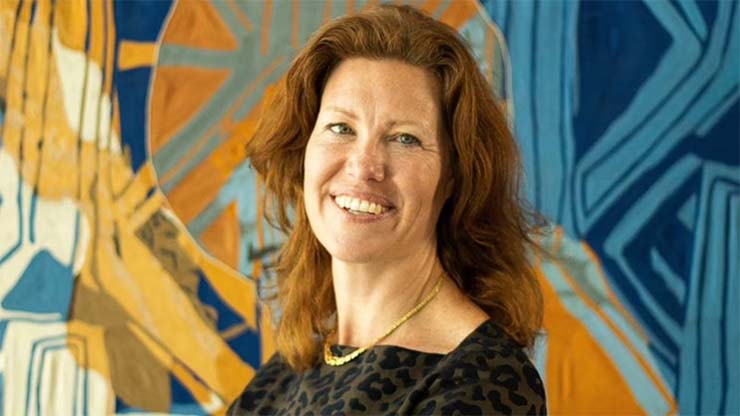
New Delhi: India has been invited by The Netherlands to the first global conference for creating a roadmap on responsible use of artificial intelligence (AI) in the military domain even as the two sides scale up cooperation on shared challenges in cyber-security, the top Dutch diplomat for cyber issues has said.
Nathalie Jaarsma, the Netherlands’ ambassador-at-large for security policy and cyber, who was recently in India for the second bilateral cyber dialogue, said the REAIM Conference, to be held at The Hague during February 15-16, is aimed at setting norms and ethical standards for use of AI in military matters.
Countries such as China, Germany, the US and the UK have also been invited to the ministerial conference being co-hosted by the Netherlands and South Korea, Jaarsma said at the conclusion of her visit.
“It’s not only autonomous weapons systems, but more broadly the use of AI in decision support systems, systems that might be used for procurement, for HR. The question for this conference is what is the roadmap that we should have as the international community,” she said.
“The outcome should be this roadmap – how to come to international agreed norms, boundaries and ethical standards for AI in the military,” Jaarsma said, noting the presence of countries such as China is aimed at ensuring an inclusive process.
“We realised that this is a global issue and we want to address this now, when we’re perhaps at a relatively early stage, rather than when the technology has already moved in a certain direction that it is actually harder to have this conversation,” she added.
Jaarsma said her discussions with Indian interlocutors focused on bolstering cooperation on various tracks, including work done in the Global Forum on Cyber Expertise (GFCE), which is co-chaired by India and the Netherlands, and the Indo-Netherlands Cybersecurity School.
GFCE brings together the best practices of governments, the private sector and NGOs to address cyber-security challenges, while the school recently trained its fifth batch of 3,000 people, including a mix of undergraduate students, government officials and working professionals.
“Cybersecurity is teamwork and there’s a worldwide challenge. That’s why we established the GFCE in 2015. It’s a very rich community in terms of knowledge and experience and a lot of sharing,” she said. The cybersecurity school exposes candidates to the legal and technical aspects of the issue, and Jaarsma said she explored ways with different stakeholders to scale up and expand the facility.
India and the Netherlands are also working closely on implementing the 11 voluntary norms devised by the UN’s Open-Ended Working Group for responsible state behaviour in cyberspace. “This normative framework needs to be implemented and it’s a matter of implementation all around the world,” she said.
Jaarsma acknowledged governments are sometimes found wanting in responding to rapid advances in areas such as AI with potential for misuse, and said: “It is natural in a way that governments are usually not ahead of the curve in terms of technical developments…Digital developments need to go hand in hand with security. Especially when it’s about these very revolutionary developments, we need to make sure our societal values and cultural differences are being preserved.”
In this context, the two sides are looking at strengthening bilateral cooperation in law enforcement and between the Indian Computer Emergency Response Team and the Netherlands’ National Cyber Security Centre. “What we also talked about and what we would like to do is to have a shared understanding of threats…coming from both non-state actors and state actors,” Jaarsma said.








